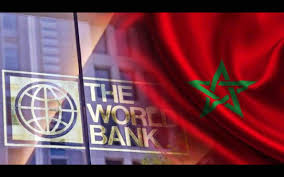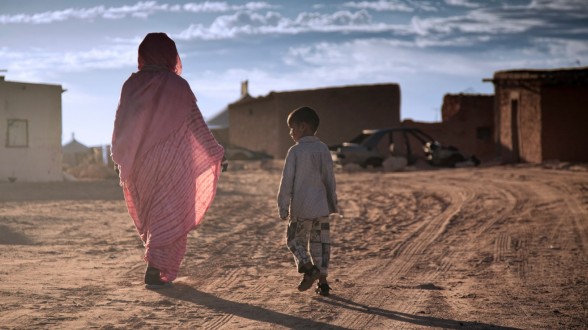The World Bank has approved $70 million loan for Morocco to enable country continue implementing ambitious social protection reforms seeking to facilitate access to social services in particular for vulnerable households.
Building on the achievements of the first project, which saw a successful design and implementation of the National Population Registry, Unified Social Registry, and enrollment of about half of the Kingdom’s population, this new operation will further enhance the foundation of an innovative social protection system.
In 2018, King Mohammed VI called for a harmonized and effective social protection system, leading to the creation of a unified social registry. Law 72-18 established the National Population Registry, the Social Registry, and the National Register Agency, supported by three decrees.
The COVID-19 pandemic accelerated the reform process, and the government launched a major social protection reform. Key achievements include replacing the RAMED health insurance with AMO-TADAMON and using advanced technologies to better target vulnerable populations.
In December 2023, the Direct Social Benefit program was introduced, covering over half of the Moroccan population with an annual budget of nearly 1.6% of the Gross domestic product.
The Social Registry serves as a single-entry point for all new social protection programs, providing a robust digital identification system and ensuring efficient targeting and delivery of social protection programs.
The proposed Morocco Second Identity and Targeting for Social Protection Project aims to bolster the government’s inclusive and adaptive social protection strategy through three key components: reinforcing and extending coverage of the National Population Registry and operationalizing the National Register Agency, expanding and strengthening the Social Registry system, and focusing on project management, capacity building, and monitoring.
By extending coverage to rural and remote areas, the project will streamline identification and authentication for social protection programs, allowing digital/remote application submissions and reducing paperwork.
This digital transformation aims to impact at least five programs by the end of 2024 and expand to eight by 2028, enhancing the efficiency and responsiveness of social protection services, particularly in addressing climate-induced socio-economic challenges.



